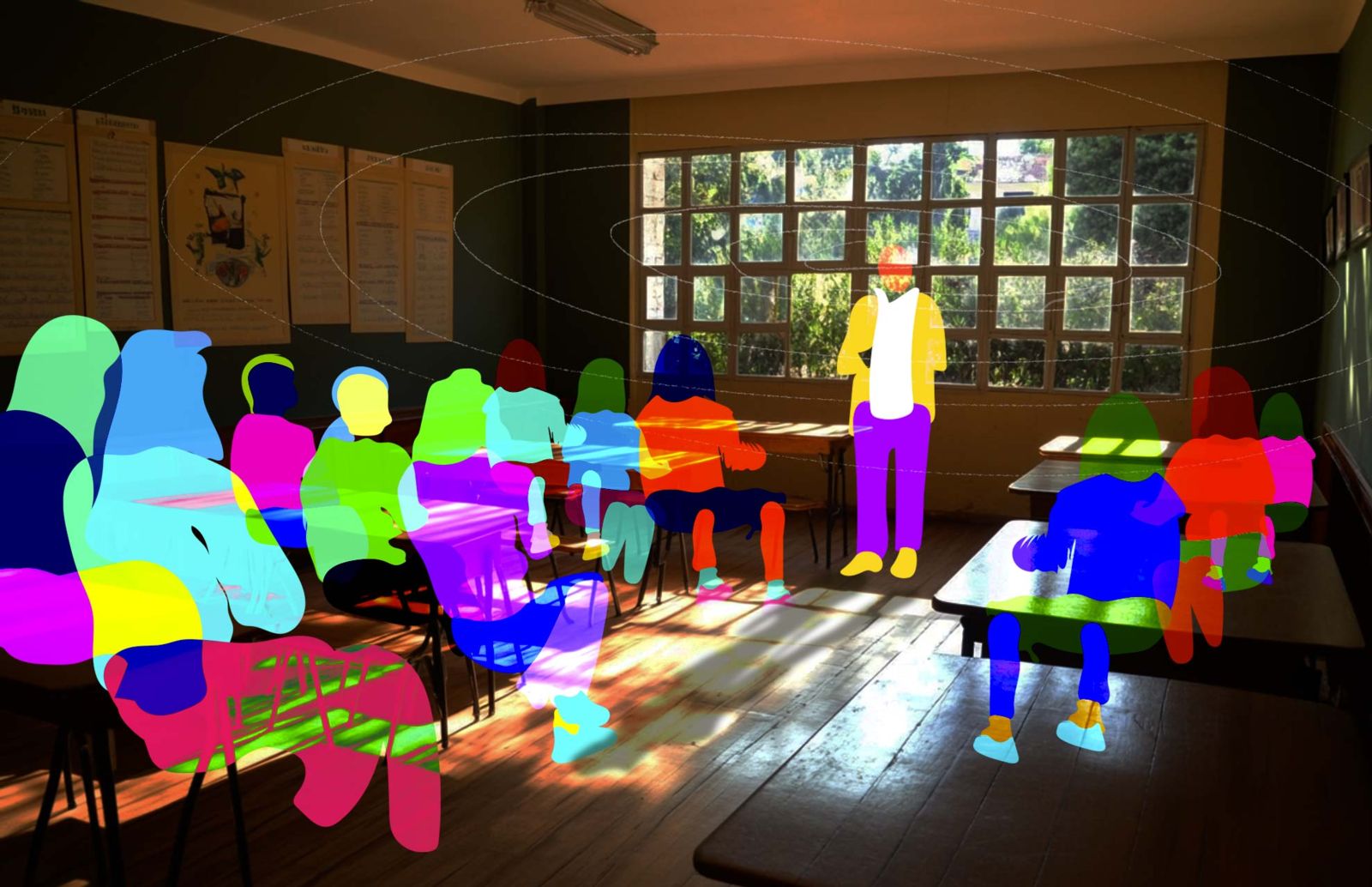Human rights education provides the foundation to advocate for human rights and promote positive social change. The concept of human rights education (HRE) dates back at least as far as the creation of the Universal Declaration of Human Rights (UDHR) in 1948. The UDHR preamble proclaims that “every individual and every organ of society, keeping this Declaration constantly in mind, shall strive by teaching and education to promote respect for these rights and freedoms.” Since then, the Office of the United Nations High Commissioner for Human Rights (OHCHR) has cited over 175 international and regional instruments that address the right to HRE. For example, the Convention on the Rights of the Child and the Convention on the Elimination of All Forms of Racial Discrimination call for education to promote tolerance, combat prejudice, and ensure respect for human rights.
Notably, HRE encompasses more than providing the knowledge necessary to recognize human rights and rights violations and the causes of those violations. In 2011, the United Nations Declaration on Human Rights Education and Training (UNDHRET) identified three essential components of HRE:
(a) Education about human rights, which includes providing knowledge and understanding of human rights norms and principles, the values that underpin them and the mechanisms for their protection;
(b) Education through human rights, which includes learning and teaching in a way that respects the rights of both educators and learners;
(c) Education for human rights, which includes empowering persons to enjoy and exercise their rights and to respect and uphold the rights of others.
Promoting respect and advocacy for human rights
A small but growing number of studies demonstrates that HRE can promote respect and encourage advocacy for the rights and dignity of all people. One study based in New York City followed students’ experiences at a high school that intentionally attempted to cultivate human rights values among educators and learners. This school culture fostered hope for the future, feelings of self-worth, and unity among students.
Two empirical qualitative studies on the implementation of HRE in K-12 and higher education—one conducted in the United States and one in India—found that young people expressed feelings of agency, demonstrated abilities in advocating for rights, and gained the confidence to challenge oppression. Students identified rights violations, recognized the dynamics of privilege and oppression, and understood their ability to promote human rights. They actively engaged in human rights advocacy, which resulted in securing rights for themselves and others.
Other studies have demonstrated that children who learn about rights in a rights-respecting environment understand the connection between rights and responsibilities. Further, some children move beyond that understanding to advocate for justice and equity in comparison to children who learn in traditional classrooms. These attitudes and behaviors continue over time, as measured by a three-year longitudinal study at a school in Hampshire, England.
Human rights education in the United States
Over 75 years after its creation, the goal of the UDHR—for “all human beings to be free and equal in dignity and in rights”—has not been achieved. Human rights violations are easily identifiable throughout the world. In the United States, for example, the Southern Poverty Law Center documented over 1,400 US-based hate groups in 2023. HRE offers a promising approach to disrupt the perpetuation of discrimination and hate. Yet, in the United States, most public schools and teacher education programs do not offer HRE. Because the education system is decentralized and the federal government has not mandated or advised states to include HRE in curricula, individual states are free to exclude it.
Efforts to offer HRE in classrooms and communities have largely come from non-governmental organizations (NGOs), educators, and, at times, local governments. Despite the absence of a coordinated effort from the US government, state and local initiatives have achieved some success in advancing HRE. For example, the University of Connecticut (UConn) offers educator training in HRE through its Early College Experience (ECE) certification program. Over 30 high school educators across the state are certified ECE human rights teachers, offering HRE at their schools for college credit.
A new program designed and implemented by human rights and education faculty, staff, and graduate students at UConn, Human Rights Close to Home (HRCH) aims to bring HRE to even more educators and learners across the state of Connecticut. The program was modeled around the framework from the UNDHRET to include education about, through, and for human rights, aiming to cultivate transformative agency for teachers and students.
In this one-year program, 20 primary and secondary school educators across all subject areas and 20 high school students learn together and from each other as well as from scholars and activists. HRCH engages participants in HRE with the goal of encouraging civic action to strengthen democracy and respect for human rights in Connecticut communities and beyond. It provides educators with human rights content and rights-based approaches to classroom instruction consistent with promoting civic engagement and empowering youth activism. The initiative supports high school students by teaching them about human rights and how to engage in human rights action, helping them build a sustainable network of young leaders who collaborate with community members on creating positive social change.
Looking forward
We aim to offer HRCH to more teachers and students across the state each year and to continue to support our current fellows through an alumni network. In addition to a program evaluation, we are conducting research with participants to understand how an intensive long-term HRE program and community may influence the promotion of human rights. HRE is still largely understudied, and we hope this program and the accompanying research can help demonstrate how HRE may contribute to the movement to secure human rights for all.
The Human Rights Close to Home program would not be possible without the vision and generous support of Shari Redstone and the Redstone Family Foundation.

